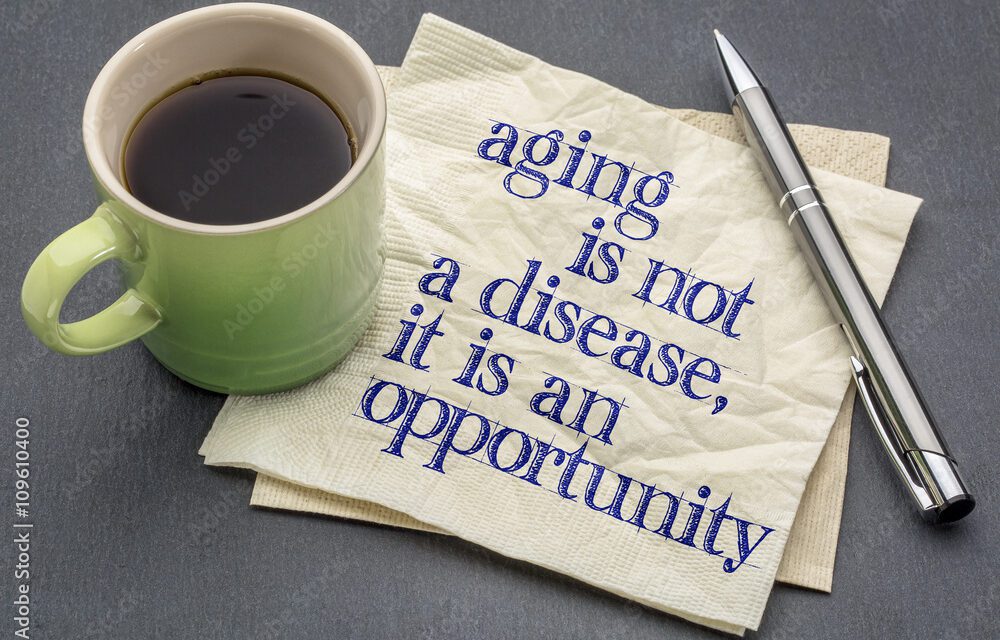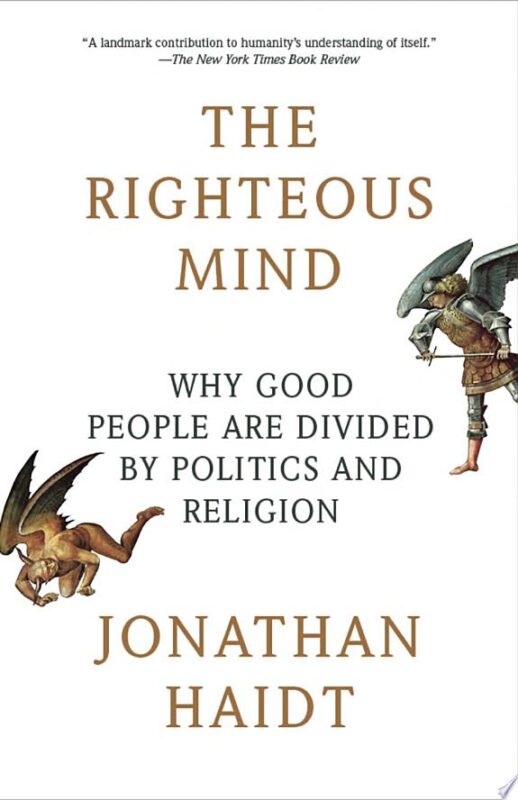To leave or To Not Leave? That Is a Question
Some activities—some jobs—become outgrown as time passes. If you don’t play superb baseball by age eighteen, you are not going to the “pros.” The same goes for football; if you’re not great when you’re a senior in high school, you’re not going to play in the NFL. The opposite may be true for some of the arts. Many novelists do not achieve glory until later, say, upon the publication of a later novel–Penelope Fitzgerald did not publish her first novel until she was 58, more or less.
Still, other activities can last a lifetime; some composers are like this. More than a few of them were prodigies and their work lasted a lifetime. Mozart was like this, although he died young. A few activities do not really begin until later in life. For most wisdom comes with age, although wisdom itself is a matter of degree–like quality in art.
The practice of law is not a single activity. Lawyers do many different kinds of things. They do many different kinds of marketing, aka, client recruiting. In addition, the practice of law is a social game; this may require (or, impose) all sorts of different virtues, and traits of character, not to mention skill sets. All of these may change over time for individual lawyers. One lawyer might start off as a back-room research geek and later be involved in something quite different.
Something all lawyers directly dealing with clients need is a capacity for excellent, deliberative—practical–reasoning, and that requires wisdom. Now for a really important fact, wisdom requires knowledge, depth, and experience.
The vast majority of the young do not have this quality–I certainly didn’t. With good luck and, more importantly, some attention to its acquisition—wisdom grows naturally over time. This means that lawyers who are aging may have gotten better, certainly as regards consulting, counseling, planning, advising, comforting, and so forth.
Some lawyers, who are desirous of “taking over” pieces of practice, parts of a law firm, and /orthe allegiance of clients and other lawyers, bypass this fact, where it is possible for them to do so, for example, when they are not subordinates. Quite predictably some aging lawyers are the victims of these maneuvers. It may be a satisfying fact worth remembering that more people—including more lawyers—fail at rising by grabbing than succeed. The media presents only the stories of those who enter the stratosphere of immense success. The rest of the narratives are boring and discouraging.
This is often not true with clients, even potential clients. Many of them recognize that those who have aged may not talk or think quite as quickly as those who are young, but they often think much more deeply and comprehensively. However, a lawyer’s making sure that he has the same level of loyalty from the client that the client has from him may take both special attention and skill on the part of an aging lawyer.
An additional problem for such a lawyer who represents organizations is that as younger executives rise, they tend to want the company to be represented by lawyers they match up with in various ways, one of which is age. “Out with the old and in with the new,” as some say. As the aging executives in their corporations move on, up, or out, external counsel may be skirted, at least, by the younger managers.
It may be useful to think of the practice of the law as a mansion with many rooms. It may be a good idea for some lawyers to continue lawyering by doing different sorts of things than they have done for years on end. Significantly, since the various rooms are all part of the same dwelling—or, at least, attached to it–many things from one room can be moved to another, although “the new” that’s already there takes some getting used to, and new furnishings may have to be acquired. Such selections, repairs, and refurbishings will take time, effort, and some new education. All these will cost money.
If you’ve had it and you want out, go. If you don’t want to walk away from the law, don’t. If you wish to keep going, do it. If you also want more golf or more beach life, integrate what you want. There is nothing new in what I’m saying. It runs back to the great Roman lawyer* and rhetorician, Cicero. (He was also a political figure (alas), a philosopher, and a superb writer. He wrote on pretty much this topic.)
Currently, there are helpful—even inspiring—books on the subject. One of them is MASTERING THE ARE OF QUITTING by Peg Strep and Alan Bernstein and another is UNRETIREMENT: HOW BABY BOOMERS ARE CHANGING THE WAY WE THINK ABOUT WORK, COMMUNITY, AND THE GOOD LIFE by Chris Farrell. Neither is only about lawyers and the legal profession, but both apply, and each is helpful.
The most striking piece I have read recently was in a special section of the December 1, 2014, WALL STREET JOURNAL entitled “Encore.” The main article was entitled “Why Everything You [[‘]Know[‘] or Think You Know]” About Aging Is Probably Wrong.” Anne Tergesen was the author. She has surveyed a number of current psychological and similar studies—and interviewed some of the authors—all about getting older. Here are her six (6) general propositions, granted changed by me a little bit:
- Depression is not more prevalent in old age. Many older people are happier than ever and enjoy the aging process.
- Cognitive decline in the grasp of thought, and reasoning is not inevitable, though “road runner” speeds may slow a
bit. Speed, order, depth, and coherence need have nothing to do with each other, setting aside special diseases. (Test results to the contrary are inadvertently designed to favor youth since they are uniformly linked to speed.) New skills can and should be acquired. - Old workers are not less productive. There is virtually no relationship between age and job performance. Older workers are in some ways better than younger because aging brings more
prudence and will to avoid an error. - Loneliness is not more likely amongst the elderly, even if old friends are incapacitated or passed on. As the great Jewish rabbi David Volpe puts it, change involves loss but in loss, there is an opportunity for the new, and this observation applies to the aging, as well as younger people.
- Creativity does not decline with age.
- Exercise, is highly correlated with a fundamental good, to wit: health, need not decline with aging and need not usually fall below prudent levels.
Of course, these truths are limited by accidents, and diseases, together with uneducated or perverse wills, they apply to most of the relevant population.
Does each of these apply to age lawyers—aging lawyers of youth (65-75), more mature older lawyers (75-85), and lawyers who are ancient? You bet! (You already know how you would bet on ancient gold doubloons. They are still gold, and they will be gold for a while yet.)
Anne, the author, seems to be suggesting that those who are aging may be best served by finding new things to do. She suggests quilt making. I like that idea for philosophical reasons, but my conception of “best changes” includes bricolage developments, and they are like her previous” suggestion but will also include “the new,” so the old and the new will be stitched together somehow. (One problem with her suggestion, however, has to do with coordination. I, for example, am manually clumsy. Should I make quilt-making a new vocation? Think for moment about the extent to which prolonged frustration might undermine a sense of happiness.
Lawyers can take over new things to do by developing new practice areas and thereby keep a bit of the old. Hard driving litigators advise clients on. . . . . In-house counsel take up defending juvenile misdemeanor and criminal
cases. Criminal trial lawyers might become specialists in elder law.
Specialists in estates and trusts work to take up immigration problems. And so forth for pages and pages.
At the same time, not everything is to be recommended. Judging the article by the magazine’s cover, it looks like the ABA is promoting new careers for lawyers which I would not recommend. The mag is the 12/14 issue of ABA JOURNAL; the article is Lauren Etter’s piece “The Lawyers of Reality TV.” On the cover, the headline reads, “As reality shows proliferate, so do opportunities for lawyers working behind the scenes.” Give me a break. Truth is one thing; creative suggestions are another; bullshit is still
a third. Anything to publish the magazine.
Of course, some lawyers want to quit completely. And some of them have wanted to do so for years. This essay is not for them. But the two books I’ve recommended might be. One of them says that becoming a shop owner is rewarding, and lots of baby-boomers who are retiring are “turned on” by the idea and enjoying it.
Me? I’d first have to learn how to market stuff. I’ve never done that in my entire life. Legal work has always been handed to me. If I were to start a business after learning marketing, I think its focus would be strange teas, oddball antiques, and old books—all jumbled together.
I also have a real liking for the study of art forgeries, and other deception, but I can’t think of how to extend that passion to a vocation. Analogously, most old people are not “born” counterfeiters.





Recent Comments